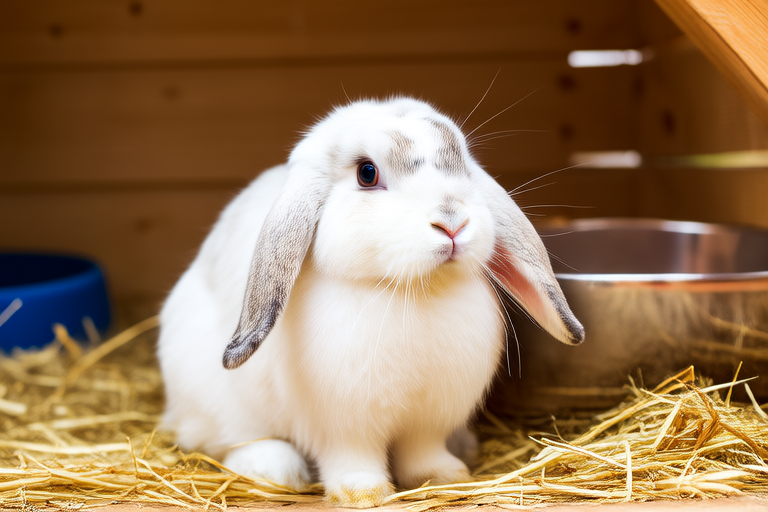How to Care for Your New Lop Rabbit Companion
Welcome to the wonderful world of lop rabbits! These gentle, affectionate creatures can bring joy and companionship into your home. As a new owner, it’s important to understand the unique needs of your lop rabbit to ensure they live a long, healthy, and happy life. This guide will cover everything you need to know about caring for your new lop rabbit companion, from dietary needs to housing requirements and grooming practices.
Dietary Needs
A balanced diet is crucial for maintaining your lop rabbit’s health. The foundation of their diet should be hay, which aids digestion and keeps their teeth healthy. Fresh water should always be available, and you can supplement their diet with fresh vegetables, fruits, and pellets. It’s important to introduce new foods gradually to avoid digestive upset.
Housing Requirements
Your lop rabbit needs a safe, comfortable space to call home. A spacious cage or hutch that allows them to move around freely is ideal. Ensure the enclosure has proper ventilation and is placed away from drafts. Line the bottom with absorbent bedding, such as straw or paper-based products, to keep it clean and comfortable. Providing hiding spots and toys can also enrich their environment.
Grooming Practices
Lop rabbits require regular grooming to maintain their coat and prevent matting. Brush them weekly to remove loose hair and distribute natural oils. During shedding season, increase the frequency to twice a week. Trim their nails every few weeks if they don’t wear them down naturally. Bathing should be kept to a minimum, as it can stress rabbits and disrupt their skin’s natural balance.
Exercise Recommendations
Regular exercise is vital for your lop rabbit’s physical and mental well-being. Allow them supervised playtime outside their enclosure each day. A secure, rabbit-proofed area where they can explore, hop, and dig is perfect. Rotate toys and provide tunnels, chew toys, and other stimulating objects to keep them entertained and active.
Common Health Issues
Like any pet, lop rabbits can face health challenges. Regular veterinary check-ups help catch issues early. Common problems include dental issues, respiratory infections, and gastrointestinal stasis. Signs of illness include changes in eating habits, lethargy, runny nose, or diarrhea. Always consult a vet if you notice any concerning symptoms.
Socializing and Bonding
Bonding with your lop rabbit builds trust and strengthens your relationship. Spend time handling them gently, speaking softly, and offering treats. Patience is key; some rabbits may take longer to warm up than others. Once they’re comfortable, you can encourage interaction through play and training. Positive reinforcement methods work best.
Tips for New Owners
Starting with a new pet can be exciting yet overwhelming. Here are some tips to ease the transition:
- Research thoroughly: Understand your lop rabbit’s specific needs before bringing them home.
- Prepare the environment: Set up their living space well in advance.
- Stay patient: Give your rabbit time to adjust to their new surroundings.
- Seek support: Join local rabbit clubs or online communities for advice and encouragement.
In conclusion, caring for a lop rabbit is a rewarding experience. By providing proper nutrition, housing, grooming, and exercise, along with regular veterinary care and socialization, you’ll help ensure your furry friend leads a joyful and healthy life. Remember, every rabbit is unique, so observe and adapt to their individual needs. With love and attention, you’ll form a strong bond and enjoy many years of companionship with your lop rabbit.
